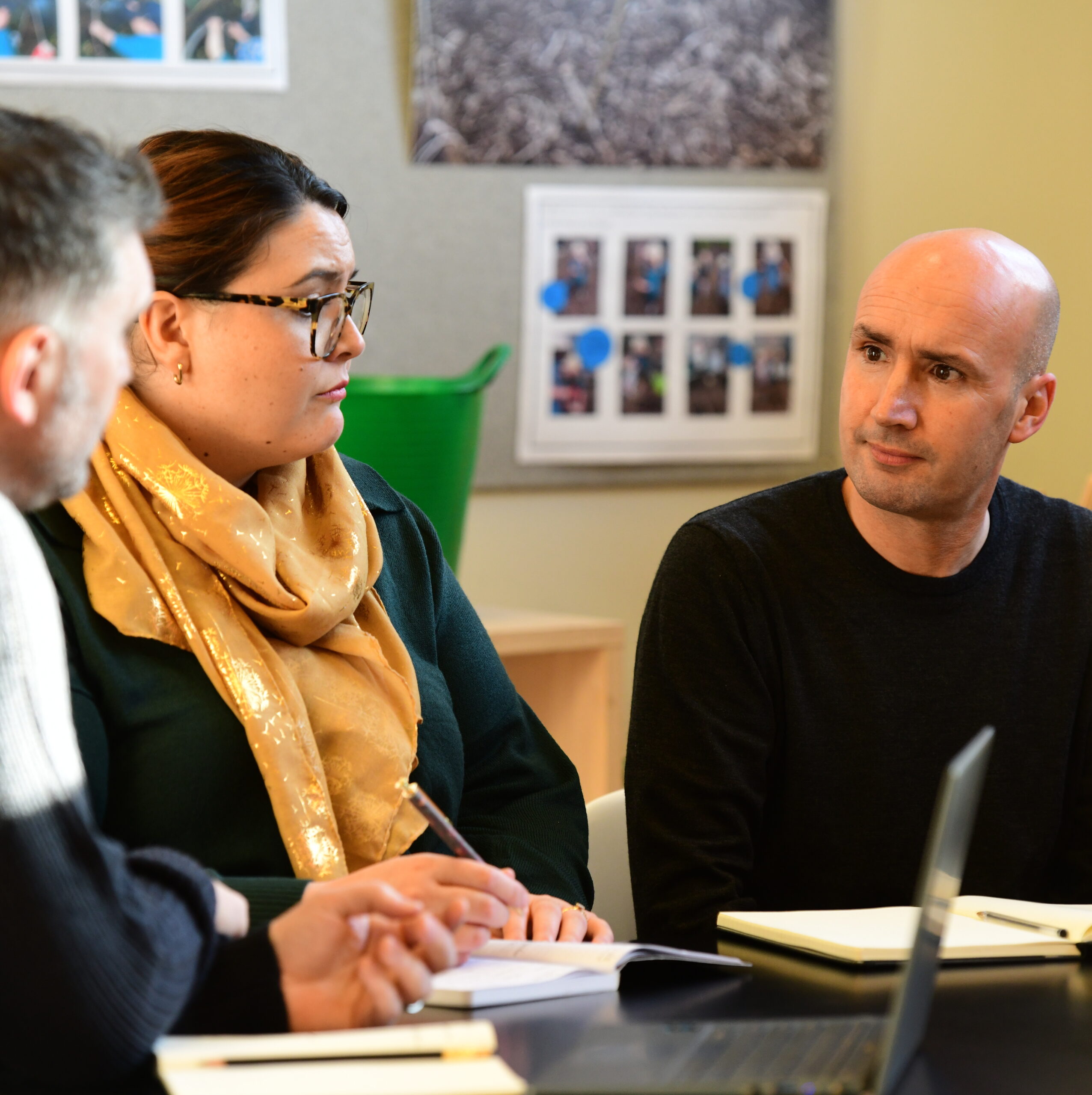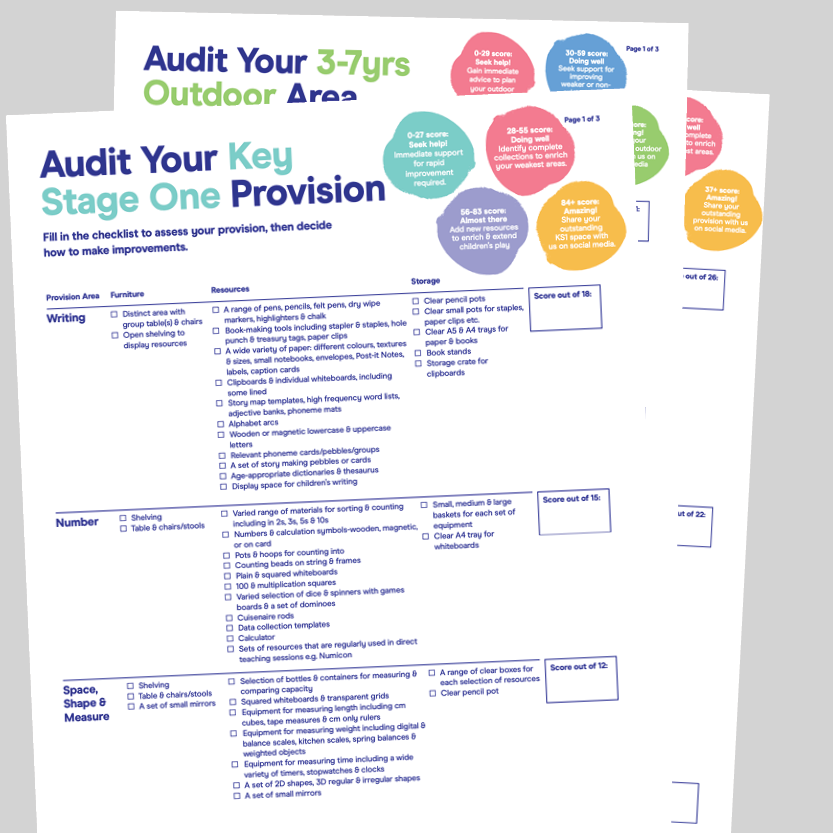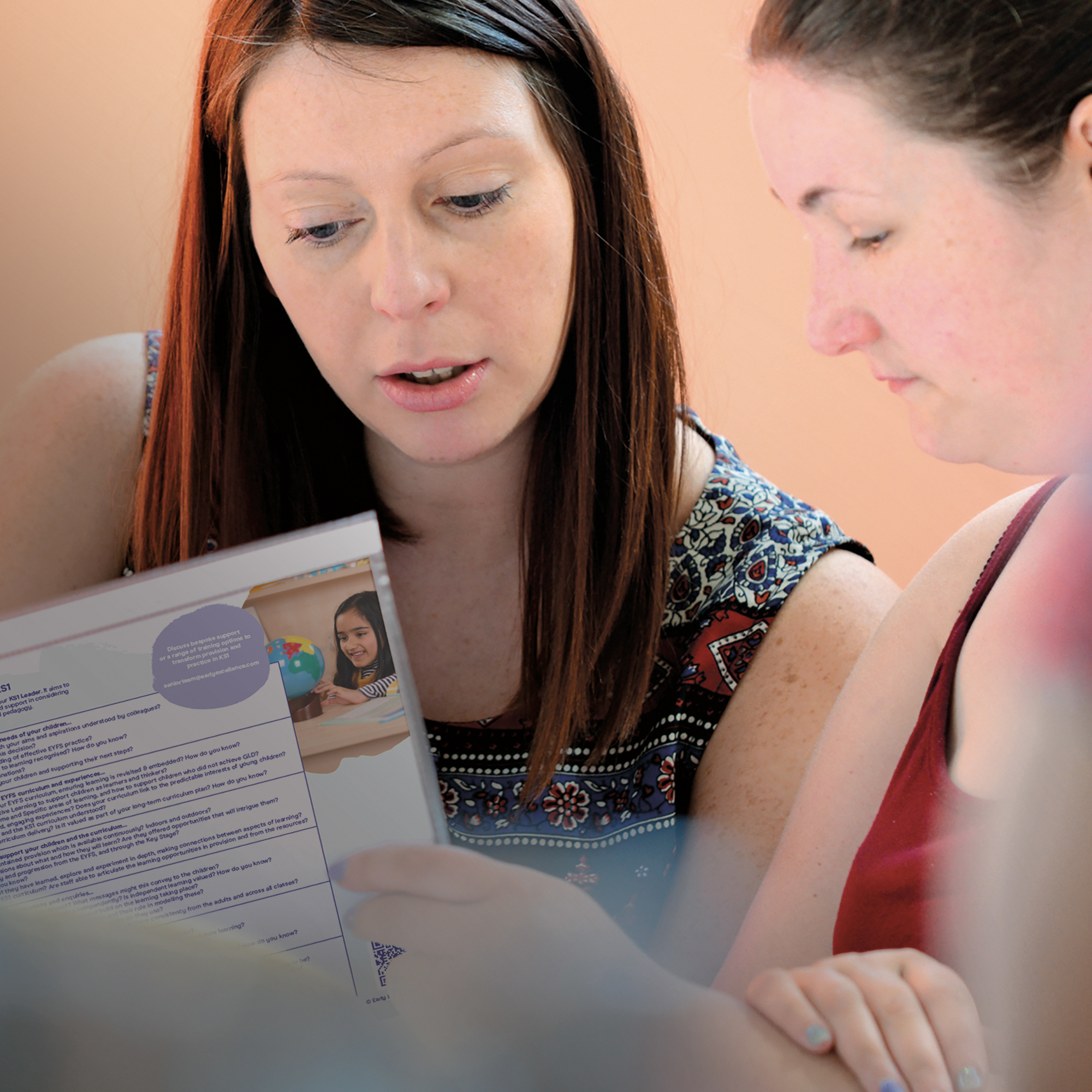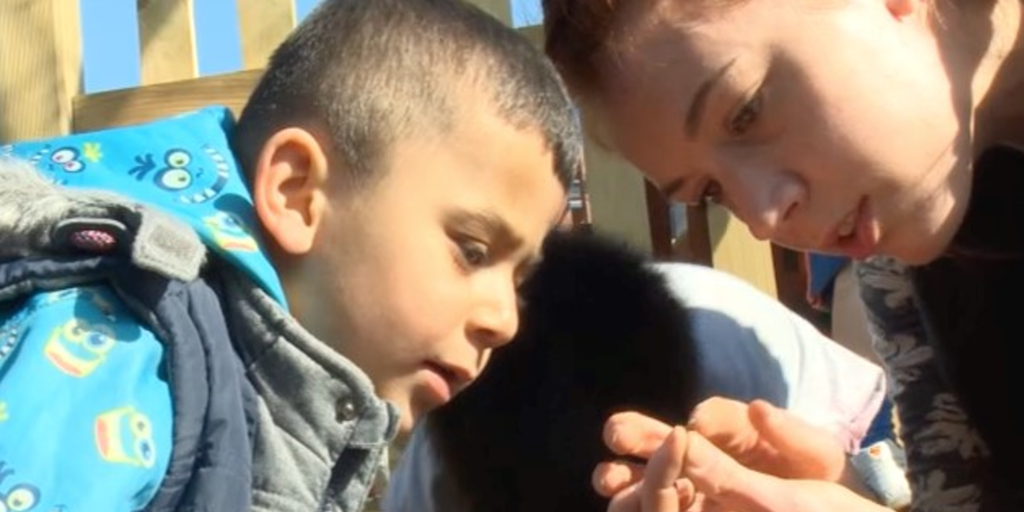So, hopefully you’re all set. You’ve attended the training on the new EYFS framework, you’ve read the documentation, followed the many online debates and now, finally you’re ready to put the framework into practice- your practice.
This article is also available as a podcast:
What are the key things that you’ll need to focus on?
Well, there are all sorts of things that will need your attention of course- the importance of language and vocabulary, adult interaction and learning conversations, self-regulation and executive function. That’s without even getting to the idea of curriculum ownership and pedagogy.
But let’s take things one step at a time. One of the key objectives of the review and subsequent reform of the EYFS statutory guidance was around assessment and, from my point of view, this should be the key priority for schools and settings.
Why should we start here? Well, because if we get assessment practice right then many of the other pieces of the effective practice jigsaw will fall into place.
Effective assessment practice is based on key principles, knowledgeable adults and the right systems and routines. If we don’t have a clear vision for EYFS assessment within our school or setting then practice can become weighed down by the burden of too many unnecessary written observations and captured images. If we’re not careful, this information gathering process can take place at the expense of effective adult interaction. If, as the EYFS statutory guidance states: “the number and quality of conversations…language rich environment underpins children’s learning” then it would be ironic if the recording of progress became a barrier to progress.
Also, the nature of adult relationships is closely linked to self- regulation. If our staff’s main concern is to position themselves behind an I pad then opportunities to support self-regulation through a nurturing, supportive relationship will be missed. As Julian Grenier, the author of the Development Matters document states:
“As soon as adults are behind clipboards and iPads and digital cameras, the first thing that they are unable to do is to listen to children. We are undermining our core ability to just be in the moment with young children.”
What else do we need to consider here? Well, within the non-statutory guidance, the move away from the detailed ages and stages format has led to lots of debate around practice. Development Matters was, of course, not originally intended as a tracking tool but, rather, to support practice by linking ages and stages of children to suggestions for enabling environments and the adult role. Whilst schools and settings do not have to use the new Development Matters document, the removal of the ages and stages bands does raise important questions for our EYFS teams. If as EYFS teams, we are to focus more on the needs of individual children rather than on the development matters document, our staff will, quite rightly, need a clear understanding of how young children learn and develop.
So, at this early stage of the school year, there are some key questions which we all need to ask of our assessment practice in order that we put effective routines in place.
- Is there a detailed and consistent understanding of child development across your team?
- How confident are your team in identifying significant progress? If not, then the information that we gather, might not be the information that we need.
- How many written observations are necessary? Has this been discussed and agreed?
- Do your observations inform your planning, changes to your provision and the role of the adult?
- In your setting, is the recording of progress a barrier to effective adult interaction and the building of positive relationships?
All of this, of course, also fits very well with the focus on curriculum and pedagogy within the new framework. Effective practice has always been about owning your own curriculum decisions and pedagogy. Following a framework or intervention blindly without understanding the ‘why’ doesn’t tend to end well. By starting with a focus on child development and effective assessment processes teaching can be underpinned by clear reasoning and understanding. When knowledge of our children effectively informs what happens next, our curriculum and pedagogy become meaningful to both our staff and our children.
Find Out More

Speak to one of our Curriculum Consultants to help you with designing a new space or an existing classroom. We will work with you to discuss your vision and design your rooms to create a vibrant learning environment.

Audit your Early Years or KS1 provision and join schools across the country who are rethinking and developing their approaches to teaching and learning in KS1.

Explore our School Leader Reflection Tools for Reading and Writing to initiate high-quality, professional dialogues, focussed on teaching and learning.

